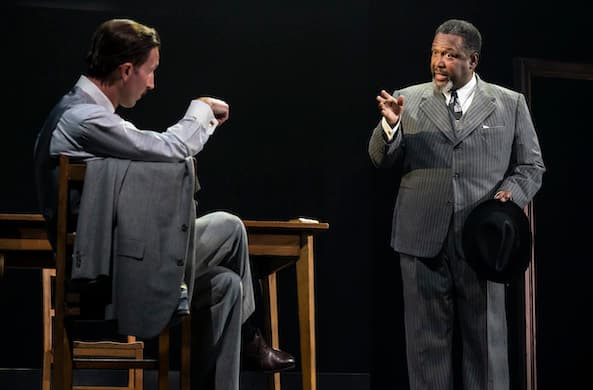
Santa Monica Establishes $3.5 Million Reparations Fund Despite ‘Dire’ Financial Outlook
By LUKE FUNK
|New shades of friction and menace emerge between characters played by black and white actors. Yet far from overshadowing Arthur Miller’s larger message, of the elusiveness of the American dream, such twists reinforce it.

Already have a subscription? Sign in to continue reading

By LUKE FUNK
|
By MATTHEW RICE
|
By DONALD KIRK
|$0.01/day for 60 days
Cancel anytime
By continuing you agree to our Privacy Policy and Terms of Service.